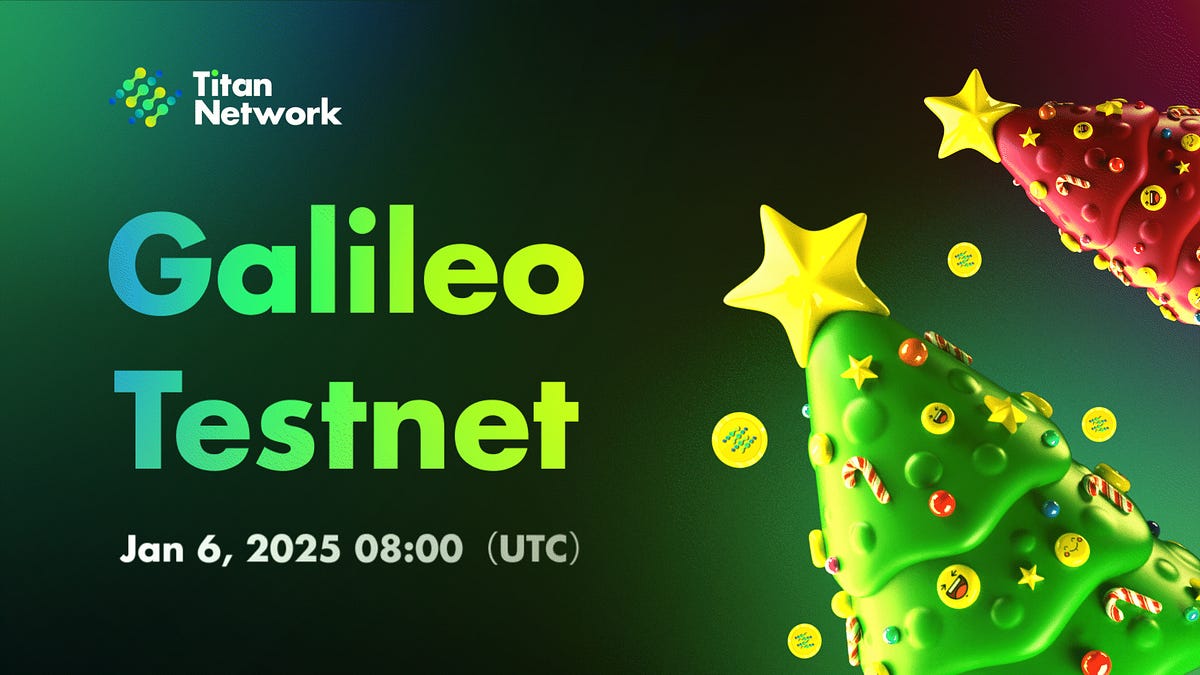Titan Launches Fourth Testnet with Innovative CDN Features

Titan is set to launch its fourth testnet on January 6, 2025, at 08:00 AM UTC, marking a significant advancement in decentralized content delivery network (CDN) technology. This testnet aims to introduce innovative features tailored to meet the growing demands of commercial users. The launch will begin with a waitlist registration, allowing resource contributors to be approved in batches. This approach is designed to facilitate a smooth integration process, ensuring that all participants can engage effectively with the new system.
The new CDN testnet represents a pivotal milestone for Titan, as it directly addresses real-world commercial needs. One of the standout features of this testnet is its reward mechanism, which will be linked to actual CDN resource usage. This development sets a new benchmark in the decentralized physical infrastructure networks (DePIN) space, potentially transforming how CDN services are utilized and compensated in the blockchain ecosystem.
Community involvement is encouraged, with several ways to participate. Interested individuals can join the waitlist to receive exclusive updates and access detailed testing instructions through the Gitbook. Additionally, Titan plans to release guides that will provide comprehensive participation details, ensuring that all contributors are well-informed and prepared to engage with the testnet once it becomes open to the public after the initial waitlisting phase.
Related News





